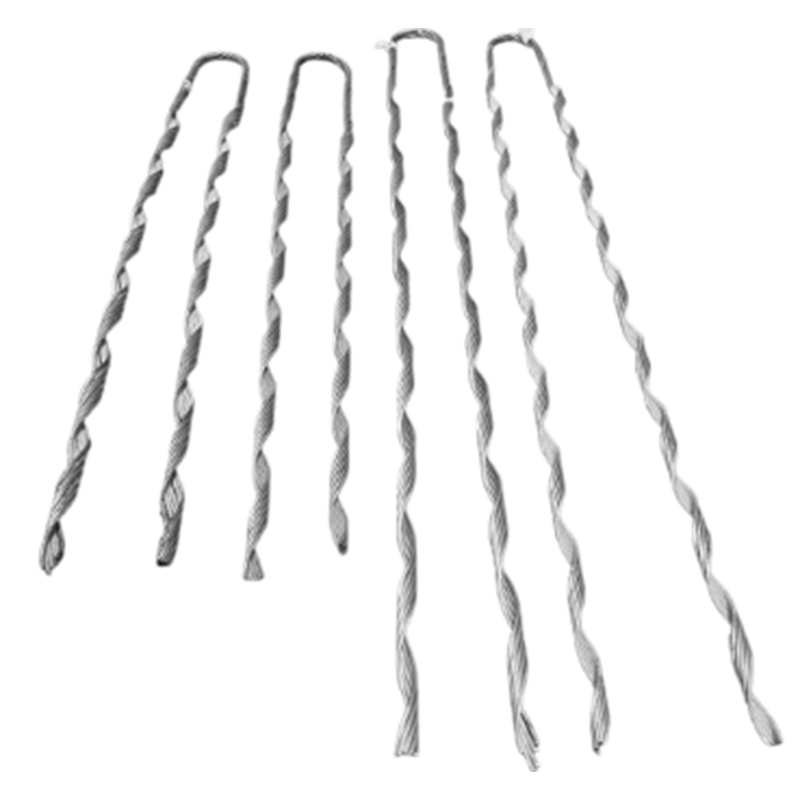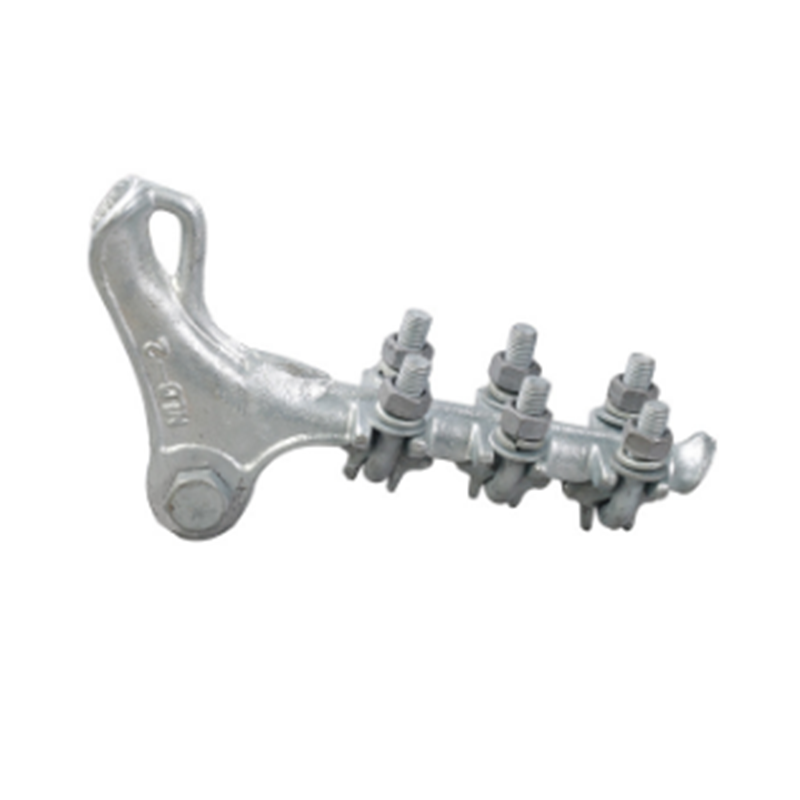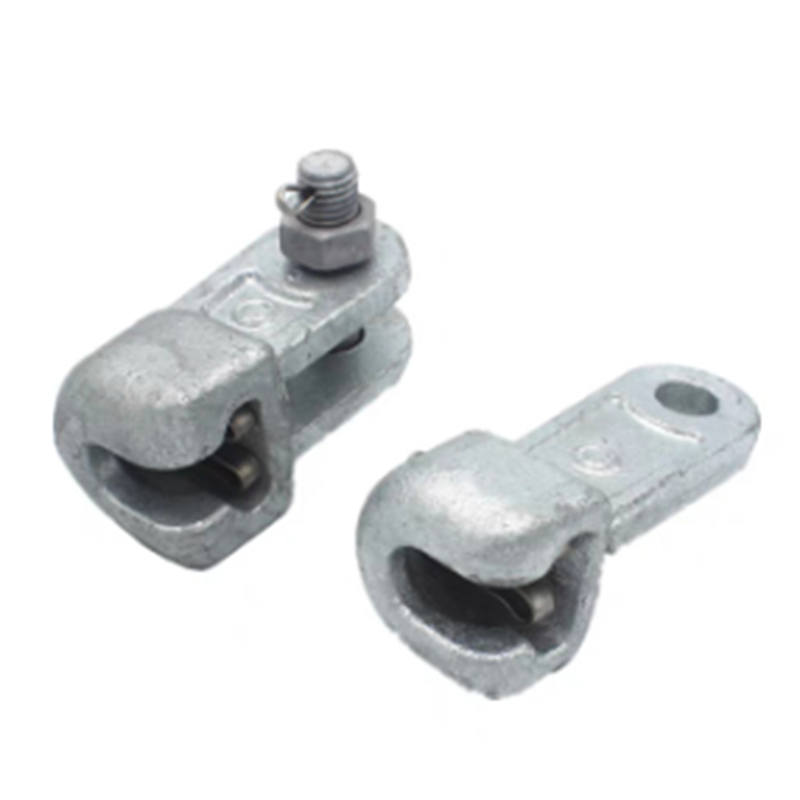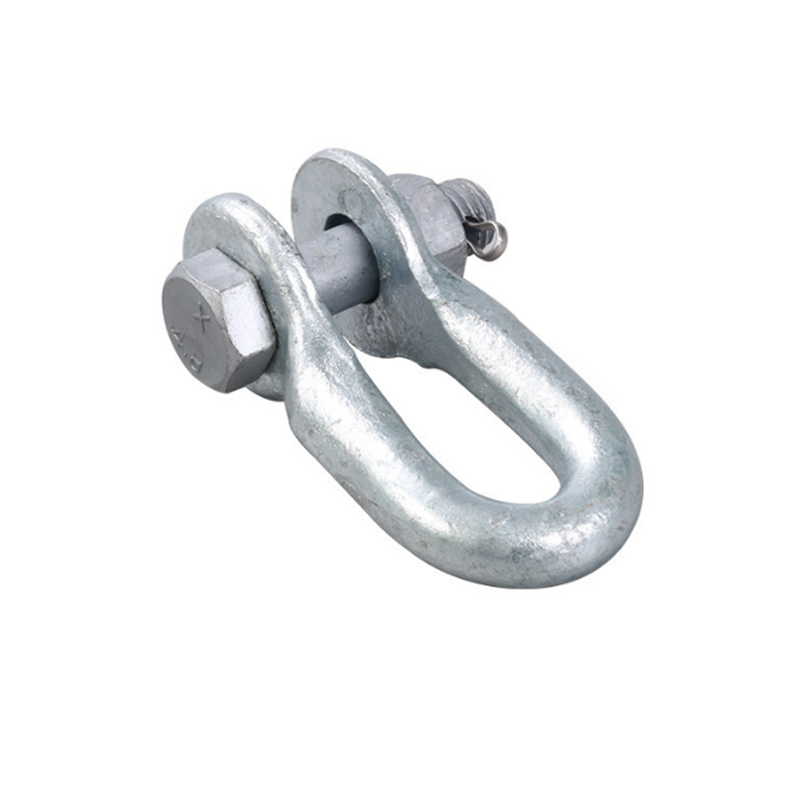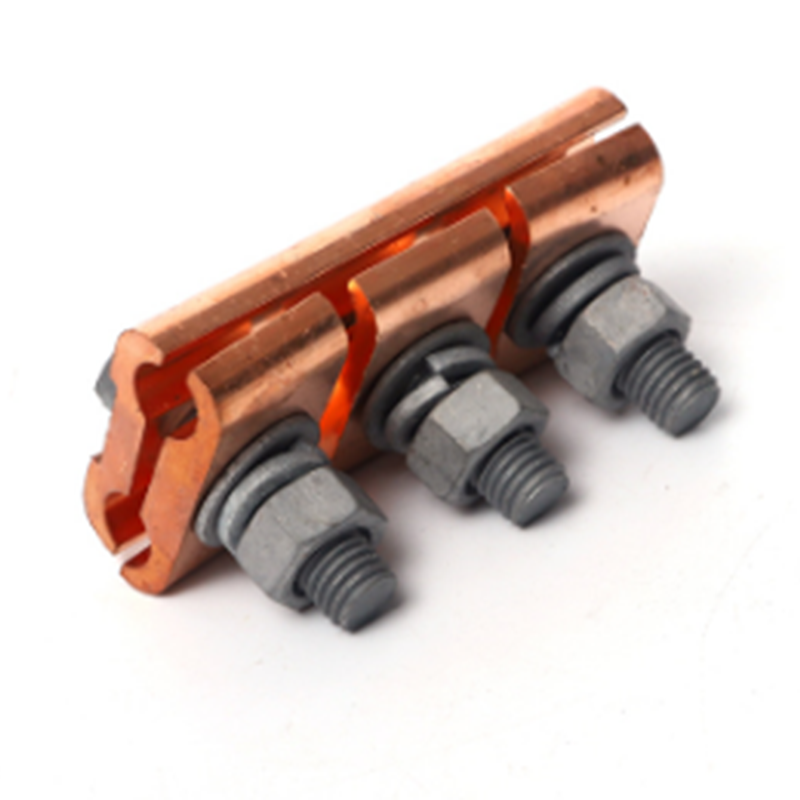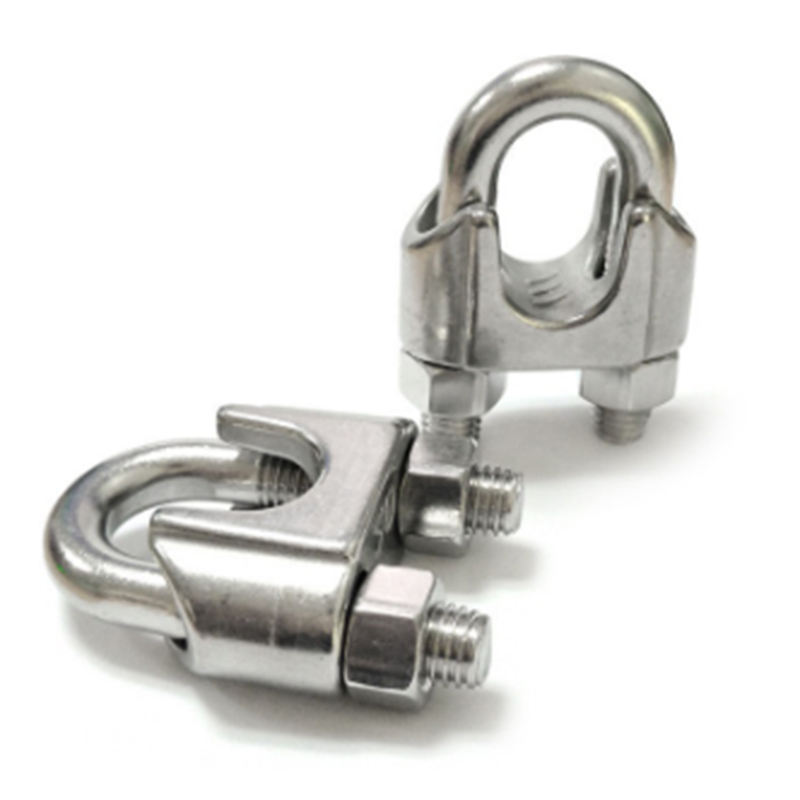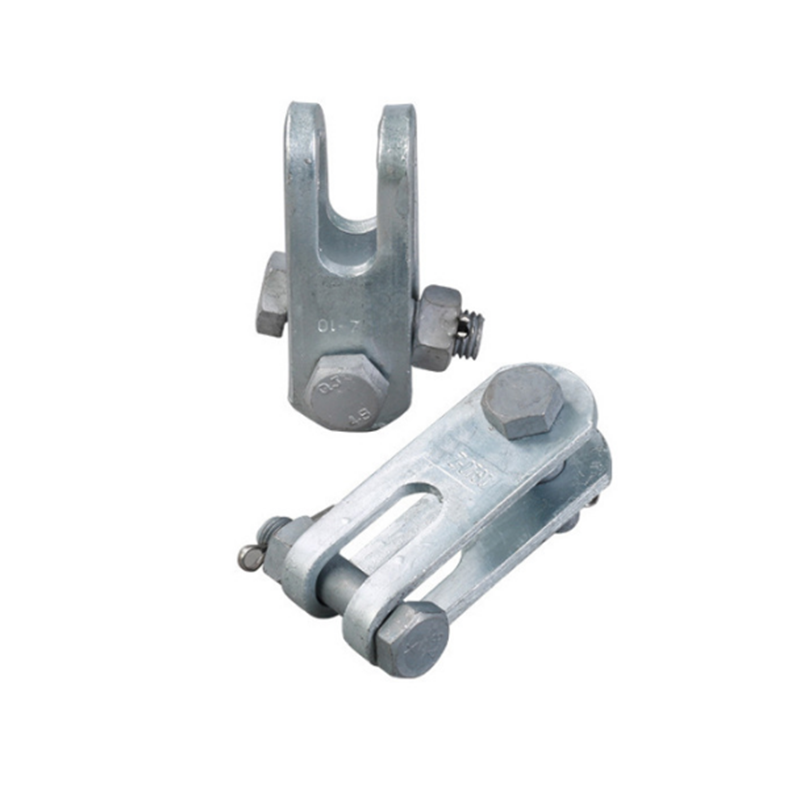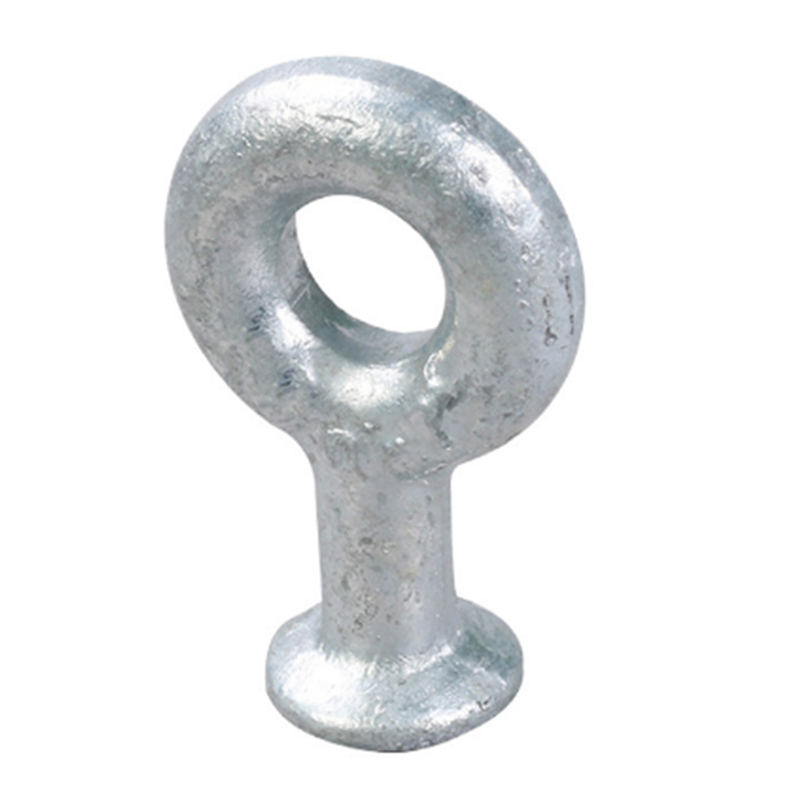- Chinese
- French
- German
- Portuguese
- Spanish
- Russian
- Japanese
- Korean
- Arabic
- Irish
- Greek
- Turkish
- Italian
- Danish
- Romanian
- Indonesian
- Czech
- Afrikaans
- Swedish
- Polish
- Basque
- Catalan
- Esperanto
- Hindi
- Lao
- Albanian
- Amharic
- Armenian
- Azerbaijani
- Belarusian
- Bengali
- Bosnian
- Bulgarian
- Cebuano
- Chichewa
- Corsican
- Croatian
- Dutch
- Estonian
- Filipino
- Finnish
- Frisian
- Galician
- Georgian
- Gujarati
- Haitian
- Hausa
- Hawaiian
- Hebrew
- Hmong
- Hungarian
- Icelandic
- Igbo
- Javanese
- Kannada
- Kazakh
- Khmer
- Kurdish
- Kyrgyz
- Latin
- Latvian
- Lithuanian
- Luxembou..
- Macedonian
- Malagasy
- Malay
- Malayalam
- Maltese
- Maori
- Marathi
- Mongolian
- Burmese
- Nepali
- Norwegian
- Pashto
- Persian
- Punjabi
- Serbian
- Sesotho
- Sinhala
- Slovak
- Slovenian
- Somali
- Samoan
- Scots Gaelic
- Shona
- Sindhi
- Sundanese
- Swahili
- Tajik
- Tamil
- Telugu
- Thai
- Ukrainian
- Urdu
- Uzbek
- Vietnamese
- Welsh
- Xhosa
- Yiddish
- Yoruba
- Zulu
- Kinyarwanda
- Tatar
- Oriya
- Turkmen
- Uyghur

Washer head screw
Understanding Washer Head Screws in Everyday Applications
Washer head screws, often under-appreciated, play a crucial role in various construction and manufacturing projects. Many misunderstand their importance or misuse their potential, leading to less than optimal results.
The Basics of Washer Head Screws
Let’s start with what a washer head screw actually is. It combines a screw with an integrated washer right under its head. This design helps distribute the load evenly, which sounds trivial until you’ve encountered a project where the material gets crushed or the fastening isn’t solid.
In practical terms, these screws reduce the risk of stripping and enhance the overall security of the fastening. The importance of this was quite pronounced during a project where I had to revamp some wooden panels for an outdoor deck. Using standard screws led to splitting, but switching to washer heads drastically improved the outcome.
Material choice is another critical factor. Typically, you’ll find them in stainless steel or carbon steel, each with its own benefits depending on the environment. The elements you face will dictate your best choice.
Advantages and Challenges
When talking about washer head screws, it’s easy to sing praises. They simplify assembly and reduce the need for additional washers, saving time and resources. This kind of efficiency is something every construction professional appreciates.
However, there are challenges too. Over-tightening remains a common pitfall, especially when power tools are involved. I remember a colleague struggling with this during a metal framing job. The solution was simple but overlooked: setting the right torque on the drill.
Additionally, while they’re versatile, choosing the wrong size or material can be detrimental. It’s essential to match the screw to the application, which is where companies like Shengfeng Hardware Fastener Factory come into play. Their extensive range ensures you match specifications to needs, reducing the margin for error.
Common Misconceptions
There’s a misconception that all screws are created equal – nothing could be further from the truth. In consultation gigs I’ve done, I’ve often found clients unaware of how using the wrong type of screw leads to costly repairs and replacements.
Take, for example, the assumption that washer head screws are only for heavy-duty use. This is misleading. Their applicability ranges from simple home tasks to industrial applications. It’s about choosing the right tool for the job.
Additionally, some believe that if a washer is good, more must be better. This redundancy not only increases cost but adds unnecessary complexity. Real expertise lies in pinpointing when a single washer head screw suffices.
Real-World Usage Examples
In construction sites, particularly where wooden structures meet metal work, washer head screws prove invaluable. During a recent commercial skylight installation, their role in securing metal frames without tearing the gasket material was critical.
Similarly, in automotive repairs, these screws avoid the hassle of juggling separate washers and expedite assembly processes. This is something I appreciated firsthand when aiding a friend in restoring a vintage motorcycle.
Shengfeng Hardware Fastener Factory does an admirable job of catering to such diverse requirements. With their strategic location near National Highway 107, they manage to distribute effectively and swiftly, something that significantly impacts project timelines positively.
Looking Forward: Industry Trends
As the industry evolves, so does the technology around fasteners. We’re seeing trends toward more environmentally friendly materials and coatings. The implications for future washer head screws are huge, reducing environmental impact while enhancing durability.
Automation and AI are impacting production efficiency. Companies are investing in manufacturing processes that reduce waste and speed up production without compromising quality. Shengfeng's continued innovation could be a space to watch.
Ultimately, as the demand for versatile and reliable fastening solutions grows, washer head screws will continue to be a silent yet indispensable part of both large-scale constructions and DIY projects. Their understated importance remains a staple in the lexicon of construction and manufacturing professionals worldwide.
Соответствующая продукция
Соответствующая продукция




